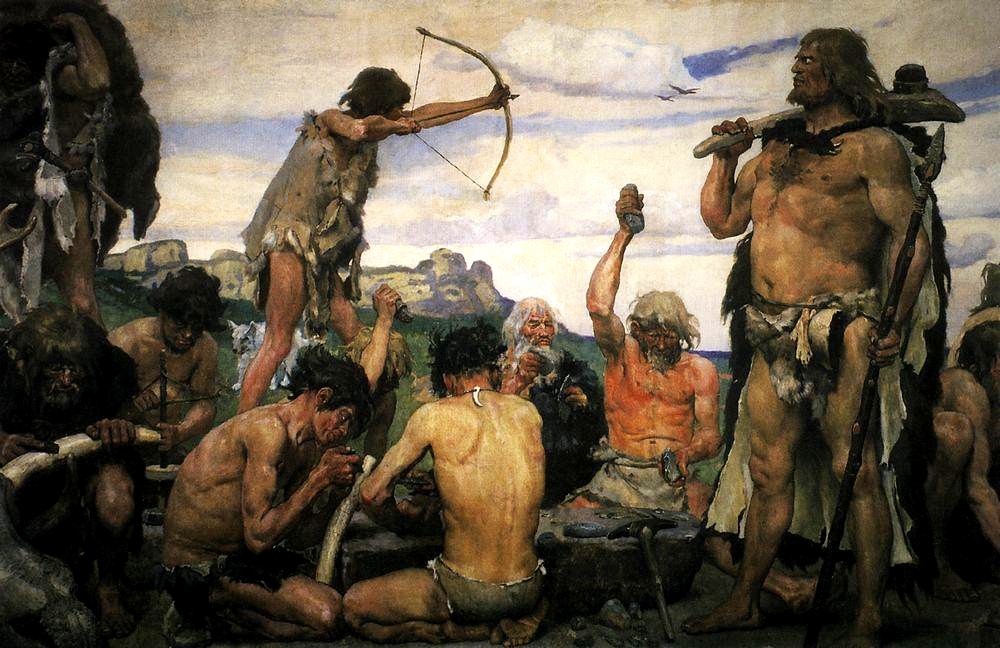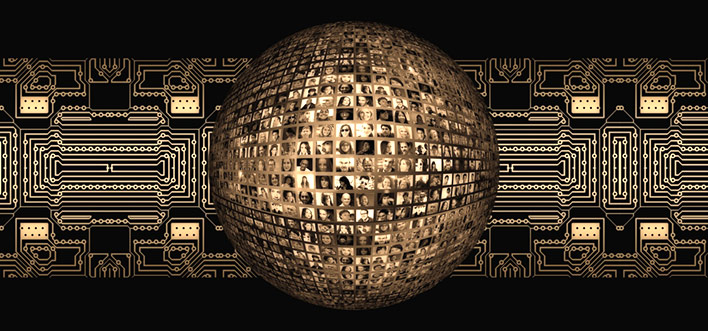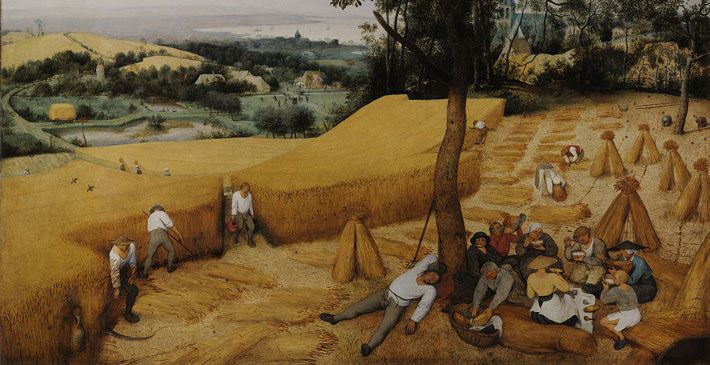
Tools and the Development of Contemporary Society
From the first stone hammer to modern day technology, our ability to make and propensity to use tools influences our physical, mental, and social evolution. At every step we make choices—for better or worse—that determine the challenges we face.
Technological developments over the past 50 years have transformed human life like nothing before. Computers have revolutionized every aspect of life in the 21st century: communication, social relationships, commerce, politics—even creativity. Some of these impacts have been negative and damaging. These changes are only accelerating, so it is critical that we do our best to understand—and control—them.
Travel the Journey

Thinking, Fast and Slow
By Daniel Kahneman
Review by Mark Looi (republished from marklooi.medium.com)
Kahneman writes the book as a lay person’s introduction to experimental psychology and summarizes some of the major results of the past 40 years. In doing so, he gives a high level description of the scientific method as applied in social science, the art of creating hypotheses, the clever experiments to test them, and a little about how the data are analyzed. He shows how slowly but surely, in conjunction with many researchers around the globe, our understanding of human thinking has advanced.
Further Reading
External Stories and Videos
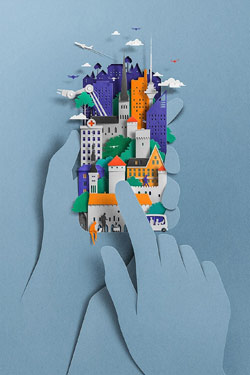
Estonia, The Digital Republic
Nathan Heller, New Yorker
A government effort to transform the country from a state into a digital society has made Estonian life more efficient. Through its government sponsored nation-wide digital network, citizens of Estonia can handle almost all aspects of their daily lives online and even extended the opportunity and benefits to residents of other countries. The project shows how a truly global, borderless society can function.
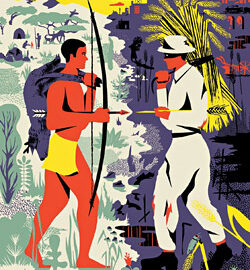
The Case Against Civilization: Did Our Hunter-Gatherer Ancestors Have It Better?
John Lanchester, New Yorker
We flatter ourselves, says Lanchester, by believing that the “dark age” existence of our hunter-gatherer progenitors was so grim and our modern, civilized one so great. Drawing on two recent works he suggests this may not be the case. Is there a lesson to be learned from the radical egalitarianism of their hunter-gatherer way of life?

